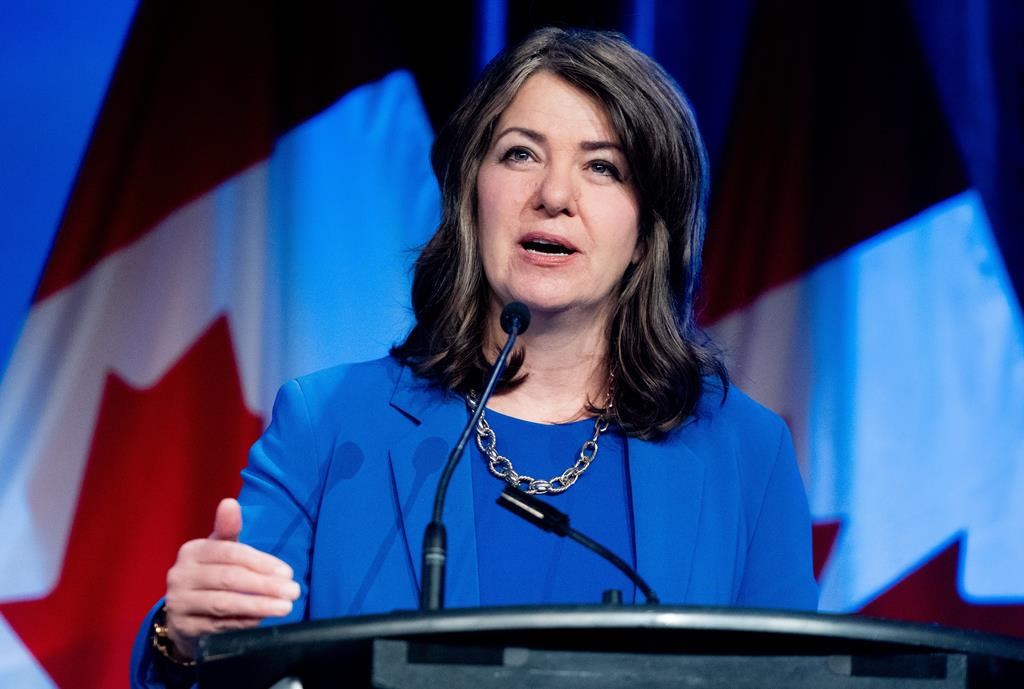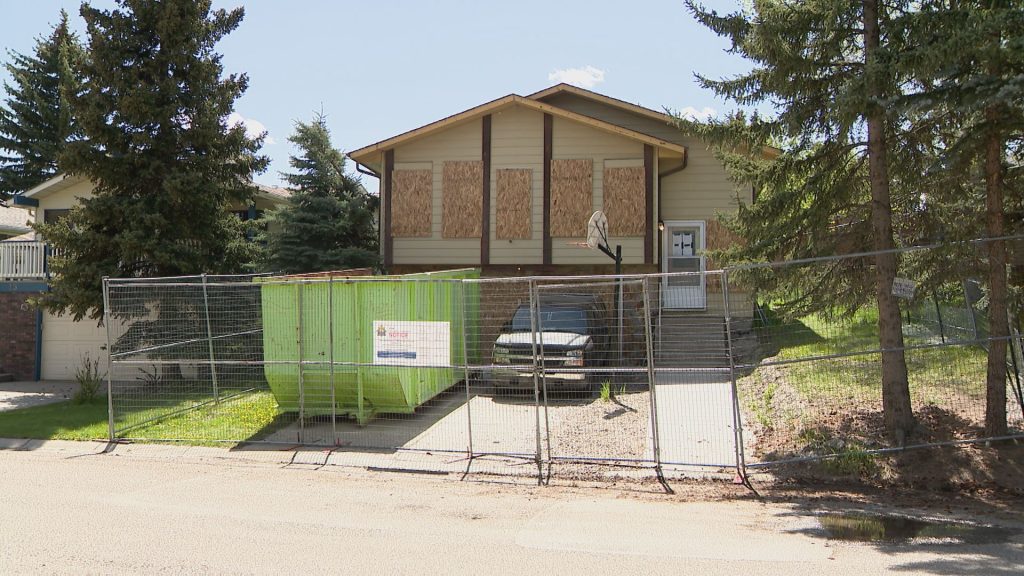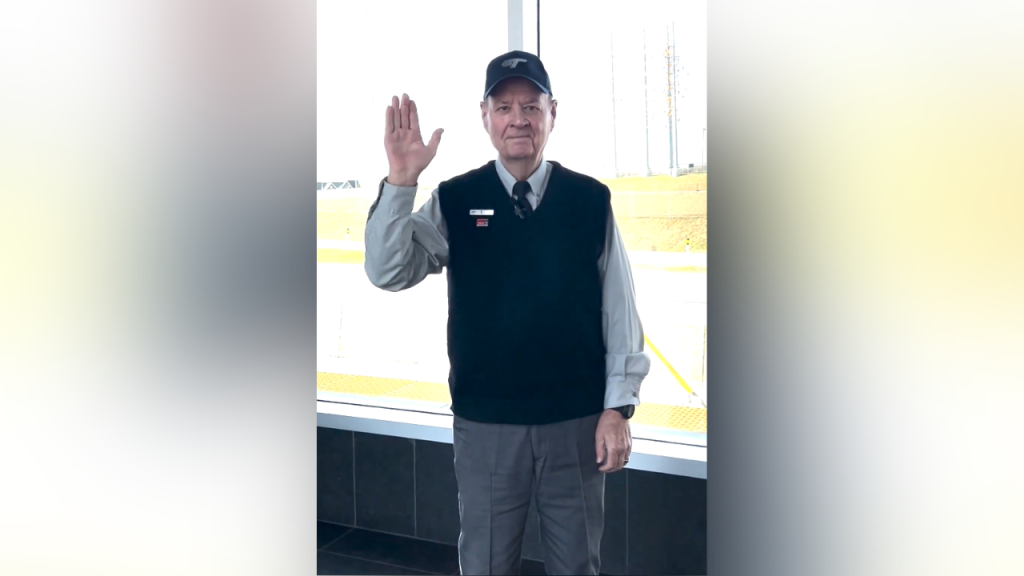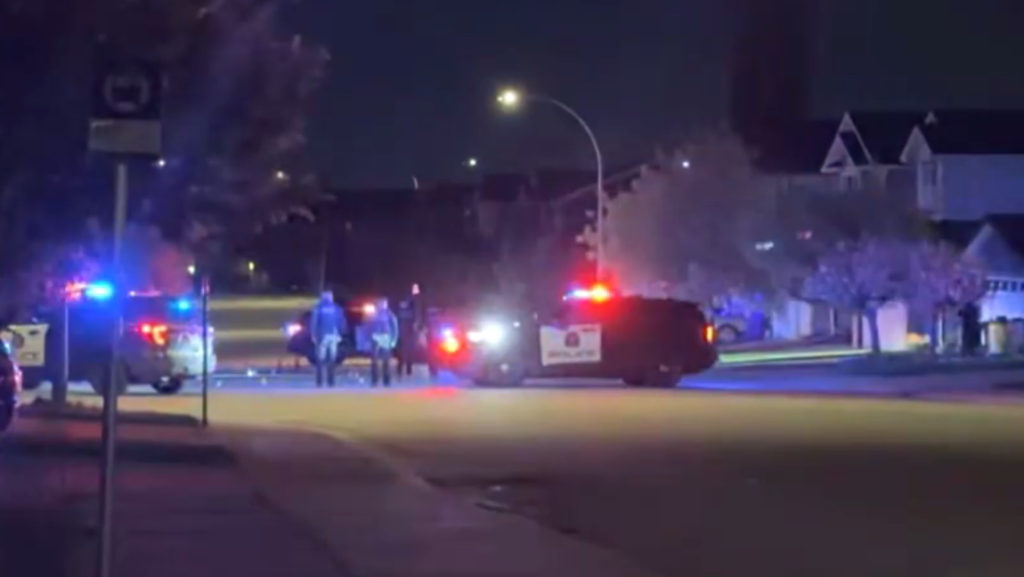Alberta to move back provincial election date as part of emergency response bill

Posted May 9, 2024 4:45 pm.
Last Updated May 9, 2024 8:01 pm.
Alberta’s UCP government is introducing legislation aimed at improving how the province responds to emergencies, but it also includes changes to the province’s fixed election date.
Claiming an increased disaster risk during the spring, the United Conservative’s are looking to move its fixed election date from May to October. The proposed Bill 21 would apply to the provincial election slated for 2027 — essentially extending the current government’s mandate by five months.
The province is citing a disruption to the campaign trail last spring as wildfires forced the evacuation of nearly 30,000 Albertans.
“Albertans need their government’s undivided attention during an emergency,” said Premier Danielle Smith, during Thursday’s announcement. “It was bizarre for ministers and other candidates to have to go through these motions while so much of Alberta was burning and so many Albertans were out of their homes.”
READ MORE:
- Alberta Municipalities hasn’t been asked for input on bill giving cabinet new powers
- Alberta proposing legislation for municipalities to speed up ‘all types’ of housing
Public Safety Minister Mike Ellis says that planning another spring election borders on “negligence.”
“Moving the election date lessens the likelihood of a provincial election coinciding with a natural disaster, such as a fire or a flood,” he says.
The change outlined in the bill would amend the Election Act, changing the fixed election date to the third Monday in October, instead of the last Monday in May.
The NDP opposition claim the latest legislation is another example of Premier Danielle Smith’s desire to control everything. Opposition leader Rachel Notley says the government is giving themselves more time.
“You know, it could have been February of 2027, or it could have been October of 2026 but giving themselves an extra six months seems very self-serving, and opportunistic from a government that has a strong record of being very self-serving, and opportunistic,” said Notley.
Smith’s government has recently come under fire from cities and municipalities over their controversial Bill 20, which aims to give the province sweeping powers to fire city councillors and repeal municipal bylaws.
Alberta Municipalities, the group that represents towns and cities across the province, has been critical of that legislation since it was introduced last month. The group now believes it should be rescinded due to a lack of consultation.
Duane Bratt, a political science professor at Mount Royal University, says he has serious concerns over the powers the province would get with Bill 20, but he doesn’t see a problem with the most recent legislation.
He belies it’s as good a time as any to shift the election date with risk of fire and drought so high. What he does find curious is the UCP’s apparent reluctance to mention the link between water, fire, and climate change.
“Why are having those types of disasters?” he asks. “Smith won’t say it. She just says ‘there seems to be a whole bunch more natural disasters going on'”
“If I was the NDP, that’s what I would fixate on.”
The new legislation also means municipalities are required to provide information to the province during a state of local emergency- and the province can take control when they feel it’s necessary.
Forestry Minister Todd Loewen said the bill is about providing clarity to powers that already exist.
“This isn’t about taking over or trying to control municipalities. They still have the right to be there, and we still respect that,” he said.
The legislation would allow cabinet, during emergencies, to direct water use and make “temporary low-risk” water transfers between major water basins.
“These changes would help make sure that water is readily available for public health and safety,” says Ellis. “As well as secondary priorities of livestock welfare, critical infrastructure, and critical environmental needs.”
With files from Laura Krause and The Canadian Press








